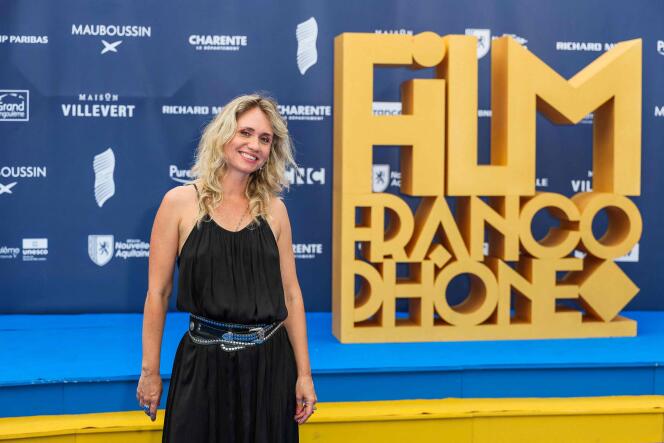


Olivier Henrard, a lawyer and member of the Conseil d'État, France's highest administrative court, is not prone to public outbursts but the managing director of the National Center for Cinema and Moving Images (CNC) could hardly hold back his exuberance on stage at the Angoulême theater on August 22 for the opening of the French-language film festival. "French cinema is doing well, even very well," he said enthusiastically, "Year-to-date attendance is only 10% below pre-crisis levels, and in some months, such as July, it was 10% higher. This has been driven by French films in particular, which account for 40% of cinema ticket sales." Manuel Alduy, the cinema expert at France Télévisions, agreed: "It's a real pleasure." The next day, despite the sweltering heat wave, he was still all smiles. "These figures are all the more reassuring in that they show the public's enthusiasm for ideas we hadn't seen in a long time," he said.
There are two parameters on which the world of film production and distribution has its eyes fixed: overall market share, and the number of "millionaire" films (those that have sold more than a million tickets). The French "barometer" seems to be looking good on both counts. There was a French Palme d'Or at Cannes, with Justine Triet's Anatomie d'Une Chute (Anatomy of a Fall) and a French Golden Bear at Berlin, with Nicolas Philibert's Sur L'Adamant (On the Adamant). Auteur cinema is doing well. "A quarter of the films selected for the world's ten biggest festivals are French," said the CNC's managing director.
One of the big surprises of the good results announced is that they are not only linked to commercial blockbusters such as Astérix et Obélix by Guillaume Canet, Alibi.com 2 by Philippe Lachaud and Les Trois Mousquetaires (The Three Musketeers) by Martin Bourboulon. By the end of August, "millionaire" films already included Tirailleurs (Father & Soldier) by Mathieu Vadepied, Je Verrai Toujours Vos Visages (All Your Faces) by Jeanne Herry, Mon Crime (The Crime Is Mine) by François Ozon and Sur les Chemins Noirs (On the Black Roads) by Denis Imbert. Behind them, Jeanne Du Barry by Maïwenn has already reached 750,000, and L'Amour et les Forêts (Just the Two of Us) by Valérie Donzelli, 650,000. And 300,000 tickets have been sold at the height of summer for the surprise Yannick by Quentin Dupieux, a comedy shot in six days. "This is a situation we haven't seen in years," said one distributor.
"I don't like to toot my own horn," said legendary French cinema producer Jean-Louis Livi. "Of course, progress is being made. We thought Covid had buried cinema, but it's coming back to life. But I think we've moved on – I've moved on – from a cinema of the golden age to a cinema of resistance. Faced with the algorithm [the threat of artificial intelligence was on everyone's lips at the festival], we're going back to the fundamentals of cinema: craftsmanship, discovery, the artist, emulation, singularity, and so on." Livi, the nephew of Yves Montand, "son of a Communist and proud of it" and founder of the famous Artmedia agency spoke in a measured tone. "I've had some successes and some flops. You have to be a bit crazy to do this job. And pretentious. The pretension of producing a film that will work. Do you realize how much responsibility we have?"
You have 49.06% of this article left to read. The rest is for subscribers only.
